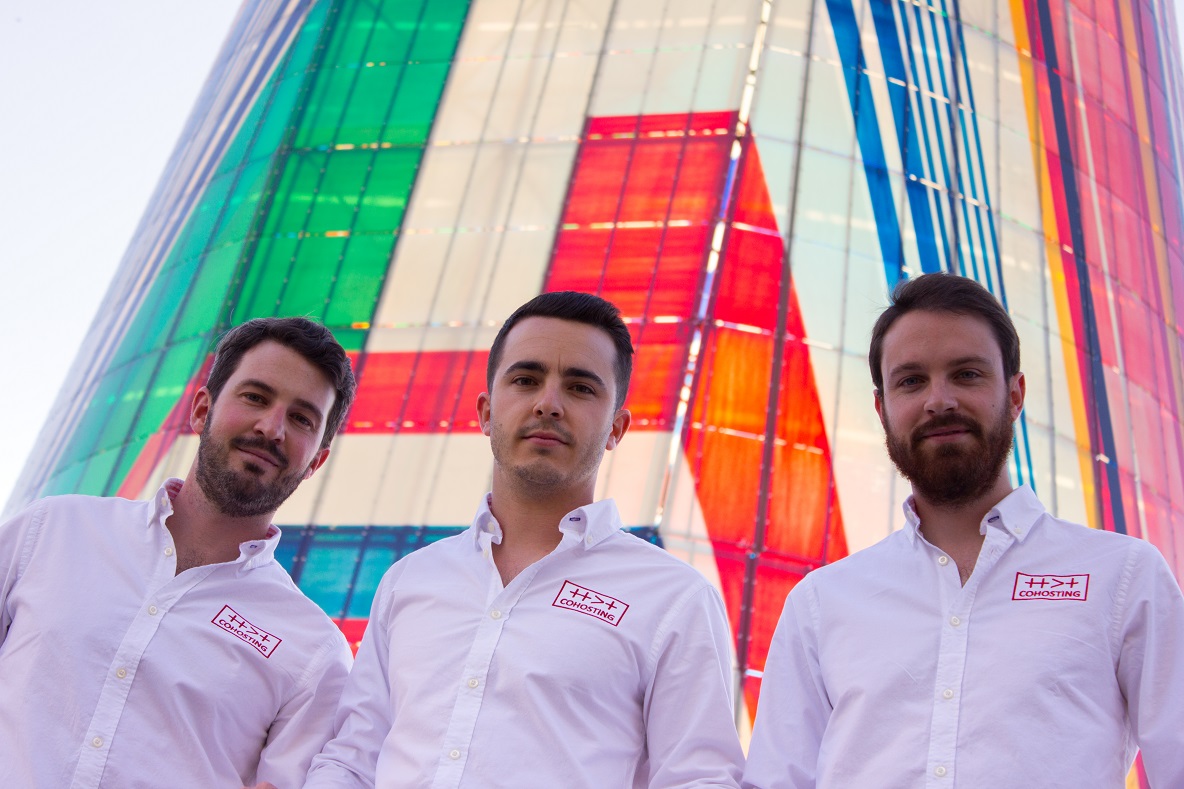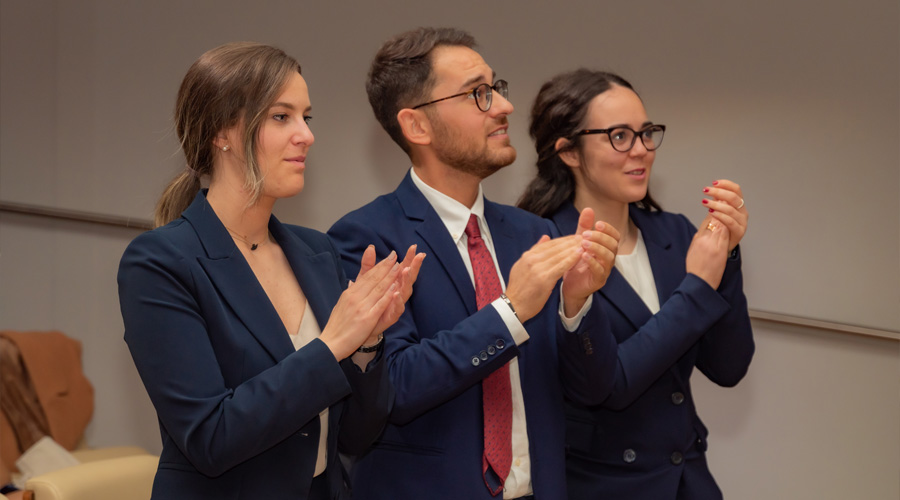
Alejandro Soria, 2011 BBA graduate of Les Roches Marbella and CEO of Cohosting, writes about hotel strategies that are required to adapt to the new normal created in the wake of the Covid-19 pandemic.
If you are also thinking about how your business should confront the COVID-19 crisis or if you have already taken the first actions to adapt to the “new normal”, in this article I am going to explain several interesting measures that I have read, heard and seen from other professionals in the hotel & tourism sector who work in many of the top international hotel chains.
From my point of view, I see the industry is beginning to accept the situation, so much so that there are already many actions that we can see being implemented in advance of this new normal.
“A situation of unprecedented instability is generally a good reason for cuts and exceptional measures, as well as new opportunities in the hotel and tourism industry.”
The speed with which everything has happened during the Covid-19 pandemic is contrasted by the severe measures that have paralyzed travel. This has given rise to an increase in the number of hotels that have decided to close their doors. The intention of this article is, therefore, to share good practices to face during the next months of uncertainty

What actions exist for a global crisis situation?
Today there are innumerable actions adapted to each market, establishment style, season of the year, environment, etc. But, which are the most appropriate in a global crisis situation?
Considering the severity of what is happening, we cannot build the house from the roof down. The first thing we must do is transmit a message of security and normality. My company, Cohosting, is currently classifying actions into three main groups.

What have been the most common actions among the largest hotel and tourism industry companies?
As we discussed earlier, there are many actions we can take to start activating the hotel and tourism sector (hospitality). Some may involve a short implementation time, while others may take months until they are ready. The goal of this list is not necessarily to name the best ones, and although we mention some obvious actions, we also want to emphasize some innovative measures that may not seem necessary but can really make or break a traveler’s decision to stay in your hotel during this “new normal” period.
To help generate this list we have read the official announcements of several international hotel chains such as IHG, Marriott and Hyatt. Additionally, we have consulted with organizations such as the World Health Organization (WHO) and the Centers for Disease Control and Prevention (CDC). From this information, we have extracted the measures that have been most requested by Cohosting’s client hotels.
Our fully-flexible Executive Master’s in International Hotel Management lets you up-skill without leaving your current role.

Flexibility Measures
- Update cancellation policies, including new measures specifically for epidemics, natural disasters, and different levels of international alert.
- Offer free cancellations against local, international restrictions or for cancellations of large events.
- Allow modifications up to 24 hours before arrival for current and future prepaid reservations.
- Offer comfort with more flexible upgrades that allow guests to have a better room to be able to work from and to have more space in the case of unexpected quarantines.
- Being flexible with check-in and check-out times will help to prevent your guests from waiting on the street or in common areas and spending unnecessary time in close proximity to others due to large lines.
Hospitality
- Some large hotel chains are offering their guests 24/7 medical care and display these insurance services and agreements for the guest as a way of building confidence and trust.
- Create a comprehensive guide of the hotel’s actions to prevent COVID-19 infections and make it easily available on the hotel’s website.
- Transmit a message of social inclusion that confronts COVID-19 without making distinctions between nationality, race, or geographic origin.
- Assist guests with all their preparations before arrival and create a guide of things to do during their stay that involves providers who are authorized and trusted by the hotel.
Security
- Currently, it is important to convey to your guests that you are in constant communication with local authorities.
- Create a register of travelers that records the history of recent trips by both guests and employees.
- Avoid your guests needing to use public transportation by ensuring transfers to the accommodation from airports and stations, like this hotel.
- Provide frequent uniform laundry services and establish an internal laundry protocol for all staff to follow.
- Laundry and bedding are of vital importance, so a review of the entire process of cleaning bedding and linens is highly recommended.
- Use chemicals recognized by the relevant authorities. These are some already recognized.
- Create a protocol for epidemics or quarantines.
- Train your team to identify possible symptoms caused by COVID-19.
- Review your design criteria (CPTED or Crime Prevention Through Design of the Environment), where the entrances are limited and lead to reception.
- Implement a temperature control system.
- The ventilation system should be revised with a specific maintenance protocol that increases disinfection frequency.
- Require external suppliers to adhere to equivalent hygiene and safety measures.
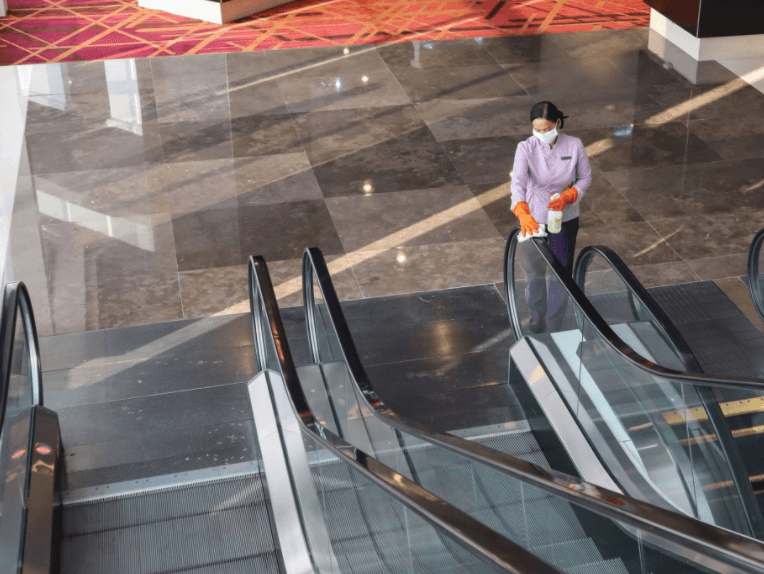
What about the team?
Apart from the fact that many of the aforementioned measures also seek the safety of the hotel’s teams in this “new normal”, it is important to keep the employees united and motivated. With this in mind, some recommendations we make from Cohosting are:
- Keep the team informed of the hotel’s evolution and business expectations.
- Unity. Use technological tools so that they feel united even if some team members may be working from home. It is important not to stop daily meetings and regular communication with staff.
- Take advantage of the slow period to train your teams, whether they are teams facing the public or those working in the back office.
- Involve staff members in the actions taken to prevent COVID-19.
Real, informal expectations of what your new work environment will be like, what tools, resources, and obligations you will have.
Marketing for the “New Normal”
At Cohosting we are closely following the marketing actions the main hotels are employing to face this “new normal” caused by COVID-19. From these, we draw a common pattern: all have opted to communicate their actions based on security. The main chains have opted to transmit a clear message about what they are doing to confront COVID-19. They aim to remove doubt by promoting maximum hygiene measures being implemented.
Technology as a contingency tool
As we already know, there is a clear need for a further digital transformation of the industry in order to meet the level of personalization that guests demand. These tools may lead to an increase in direct bookings and lessen the dominance of the big OTAs. Online travel agencies will leverage markets through heavy investment in customer retention, loyalty, and acquisition tools, while hotels are investing in improving guests’ stays.
The “new normal” under COVID-19 seems to have made the sector realize that investment in innovative technology must have a clear ROI where the impact can be measured by looking at the RevPar or TrevPar. To facilitate this, here are some examples of the most demanded tools in the area of acquisition.
Triptease is a popular real-time rate comparer.
Beonprice is used to predict the best price and distribution decisions in real-time. This is possible thanks to its artificial intelligence technology.
Cohosting works with hotels to increase direct reservations, allowing them to complement their offer with rewards in more than 100,000 experiences and add-ons that provide differential value to their reservations compared to OTAs.
Protocols for Guest Stay and Prevention Measures Against the Spread of Coronavirus
The options and ideas that we can implement to mitigate the Coronavirus are becoming more and more varied. The idea of this section is to adapt these measures to work against COVID-19 in hotel establishments and guide guests through an enjoyable vacation stay. To assist in this process, we have analyzed and adapted measures that are not always carried out but are nonetheless recommended by SUMMA health workers to enter and leave home.
- If we do not have automatic doors, use disinfectants before entering the hotel and again once inside, before taking the elevator to the rooms (e.g.).
- Having a doormat at the entrance encourages guests to dry their shoes. This doormat should be changed regularly and cleaned with authorized disinfectants.
- Provide guests with garbage bags to put packages and suitcases in while not being used. It is important that once they are in the hotel room or the tourist apartment, their suitcases are stored inside the bags.
- Make available to guests masks and a designated trash bin for those already used.
- Elevator rides should leave a minute between uses and only one person per trip.
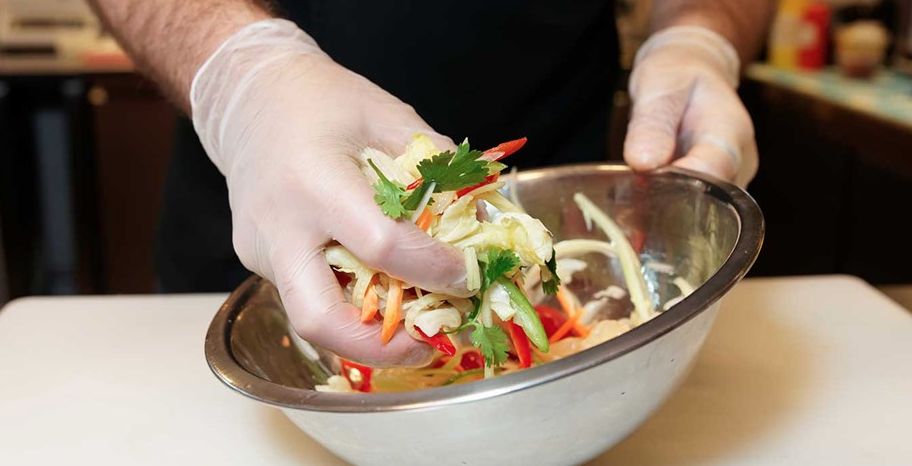
Food & Beverage
Cohosting, through the use of technology and segmentation, brings personalized offers to the customer prior to arrival via email, So what are our customers doing? Very simply, they are pre-booking snacks, drinks, work amenities, and even yoga mats. What are some of these measures?
- Food in general. This module is being used frequently by our tourist accommodations and aparthotels equipped with a kitchen as it allows guests to order from the supermarket so that they can prepare breakfast, dinner, and lunch without having to go out shopping. You can see an example here.
- Minibars are very much in line with both apartments and hotels. Through this Cohosting module, they leave the minibars empty so that guests can personalize it up to 6 hours before check-in. By offering this service, they avoid contact in the rooms on a daily basis and reduce the need to shop outside.
- Breakfasts utilize all kinds of ideas, from buffets with live cooking to a romantic breakfast on a private beach. But how can we offer breakfast without a kitchen? Given the importance of starting the day off with a good breakfast, we have dedicated an article to summarize how best to do it, Alternatives to The Buffet.
If you want to be part of hospitality’s digital revolution, your journey starts with our Master’s in Hospitality Strategy & Digital Transformation.
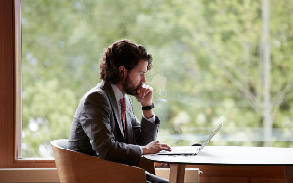
If you want to be part of hospitality’s digital revolution, your journey starts with our Master’s in Hospitality Strategy & Digital Transformation.
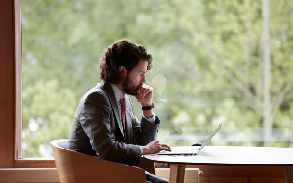
What should your hotel consider?
If you have finally decided to take action in some of these areas, then Cohosting recommends that before you start, make sure that the following points are under control, as they will save you problems in the future. Here is a useful guide from Spain’s Ministry of Health.
Staff training
Can staff answer possible questions? Will the hotel need certifications of some kind? Can staff’s job duties be changed to perform new functions?
Need for new technologies
Does my hotel’s booking engine allow the flexibility I need? Do I have the right cleaning equipment? Do I have the software applications needed to reserve additional services? Does my team have time to implement all of these changes? Does my website transmit security to visitors?
Possible fixed or variable expenses
Can my hotel assume cancellation expenses? How much do approved cleaning products cost? Do I have to invest in other services that guarantee security? Do I have to invest in marketing to convey all of these additional measures? Will I have to outsource official training?
And now what?
Perhaps after reading this article, you have considered implementing some of these measures, or perhaps you already had it in mind. Independently, in both cases, it is very important to transmit all this to potential guests and for this, you will have to communicate it at the right time. Here are some initiatives that are easy to implement:
- Communicate these measures on your own website to generate reservations.
- Use email marketing, once the guest has booked, to generate peace of mind and avoid cancellations.
- Make use of social networks to build trust.
- Visibility. During your guest’s stay, make sure that all prevention measures are visible in the different areas of the establishment.
Conclusions
Up until now, your hotel has thought about reducing costs as much as possible, but in the coming weeks and months, we will have to accept this situation as “normal” and begin implementing measures to increase reservations. We are living in a unique situation where we must react quickly and socially responsibly while always looking out for the safety of our guests and employees.
As Smart Cross Selling specialists with extensive experience in the hotel and technology sector, the entire Cohosting team wishes you good luck and encouragement as the industry begins to open its doors following COVID-19.
